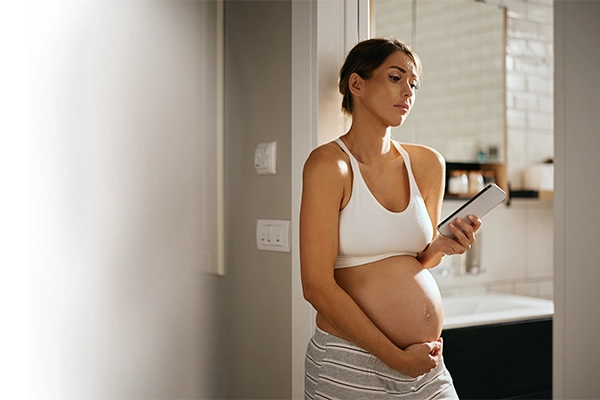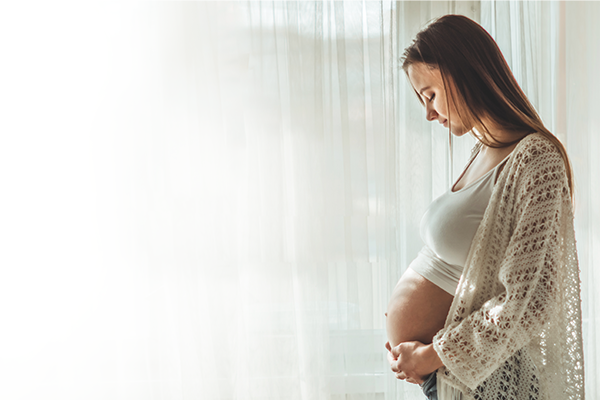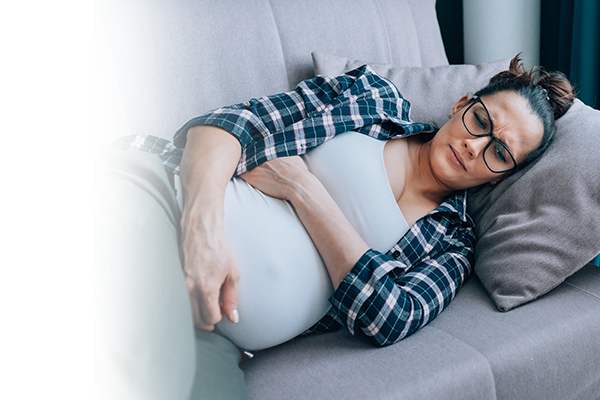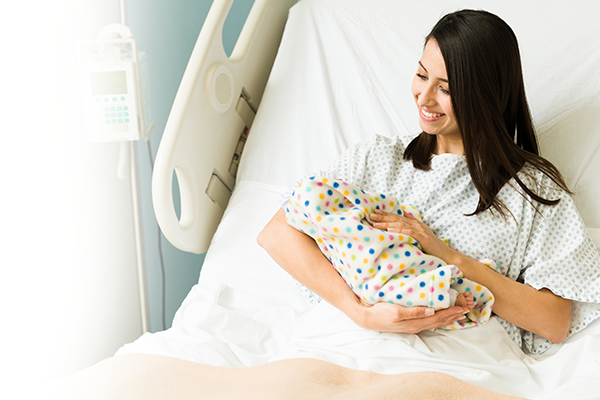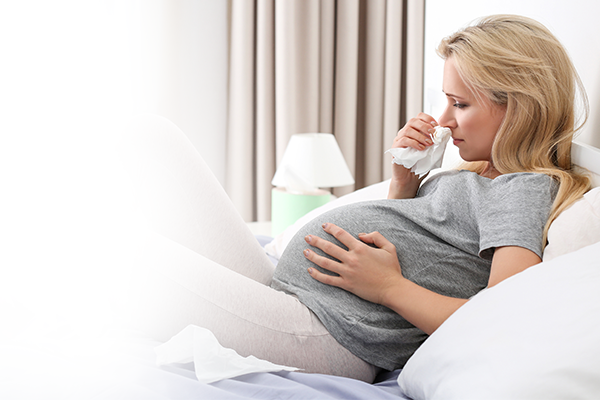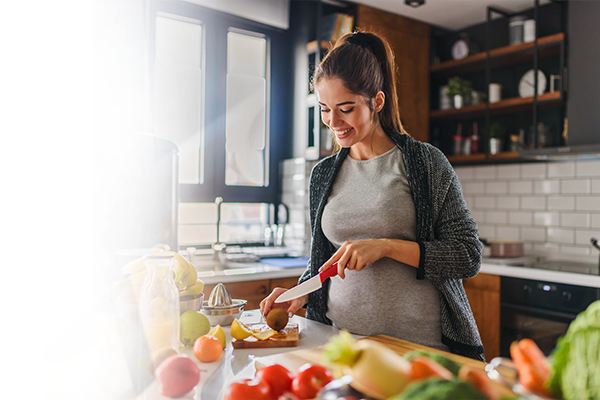Constipation in pregnancy often annoys moms-to-be, burdening them with unpleasant symptoms. However, this is a common phenomenon that is closely related to the physiology of pregnancy. Tackling bowel disorders in pregnancy is not difficult, but consistency is what counts.
Constipation in pregnancy can occur at any stage of pregnancy, but it most often annoys in the second and third trimesters. Long pauses in bowel movements not only cause discomfort, but also sometimes cause hemorrhoids. To avoid constipation, it is a good idea to take care of your diet from the beginning of pregnancy.
What causes bowel problems during pregnancy?
Constipation in pregnancy is a common ailment due primarily to physiology and several overlapping phenomena. Constipation usually occurs due to hormonal changes in the body of the mother-to-be, which weaken the work of the intestinal muscles. Particular importance is attributed to increased levels of progesterone, a hormone that relaxes the intestinal tract and makes food content pass more slowly through its lower section.
Constipation in pregnancy is also due to the enlarging uterus, whose walls push against the intestines, interfering with their peristalsis. Problems with bowel movements not infrequently arise as a result of poor nutrition. Intestinal dysfunction is provoked mainly by heavy and irregular meals rich in carbohydrates and low in fiber and water. Sweet snacks and carbonated beverages infused with synthetic colors, thickeners and other substances play a big role in causing constipation. The problem can also be exacerbated by specialized supplementation, such as. Iron in case of the appearance of anemia. Limited physical activity and a passive lifestyle of the mother-to-be are also responsible for constipation during pregnancy.
Disorders of intestinal peristalsis are most common in the second and third trimesters, although constipation at the beginning of pregnancy also occurs. Long pauses in bowel movements cause discomfort. They can also become the cause of hemorrhoids. Excretion of stool is very important for health, because the body in this way gets rid of undigested food debris, bacteria or toxic compounds, such as nitrogen and phosphorus. To ensure that bowel movements during pregnancy are regular and correct, it is worth taking care of the quality of your diet and level of physical activity from the beginning of the first trimester.
Constipation in early and advanced pregnancy – symptoms
Symptoms of constipation mainly include difficult or infrequent defecation and a feeling of heaviness and fullness caused by accumulated gases that cannot escape due to lingering hard stool. Bloating, hard lower abdomen and even abdominal pain are also not uncommon. Problems with bowel movements during pregnancy can further cause anxiety.
What for constipation during pregnancy? Ways to defecate regularly
Home remedies for constipation in pregnancy are primarily a rational, fiber-rich diet. Its recommended dose for an expectant mother is approx. 25 – 40g/day. However, the daily requirement should not be exceeded, so as not to paradoxically provoke more problems. Regular bowel movements during pregnancy can be achieved by eating whole grain products, such as whole grain bread and buckwheat, barley and rice groats. Fresh and dried fruits and vegetables such as prunes, pumpkin seeds, apples and celery are also worth including. Do not forget natural dairy products – kefir, yogurt or buttermilk. An indispensable remedy for constipation in pregnancy is water, which provides hydration to the body. Problems with bowel movements will also help eliminate or significantly reduce regular, daily light physical activity. Dancing, walking, swimming, yoga and Pilates are safe during pregnancy. However, glycerin suppositories and enemas will provide temporary relief.
See also: Diet during pregnancy – what harms the baby? What to eat during pregnancy?
Rate this article:



